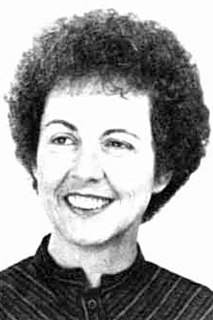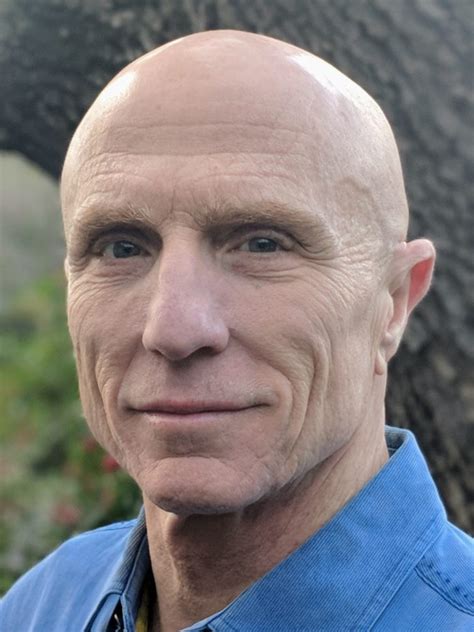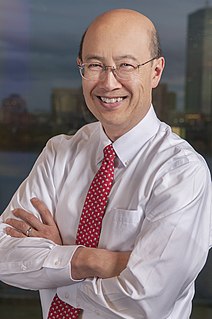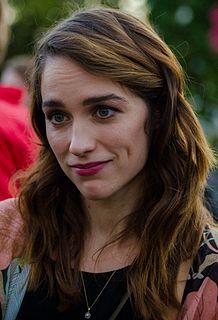A Quote by Sonia Johnson
Sometimes I think we can tell how important it is to risk by how dangerous it is to do so.
Related Quotes
The thing about education - and why I'm so passionate about the position and status of the university - is that it's supposed to teach citizens how to think better, how to think critically, how to tell truth from falsehood, how to make a judgment about when they're being lied to and duped and when they're not, how to evaluate scientific teaching. Losing that training of citizens is an extremely dangerous road to go down.
The risk of working with people you don't respect; the risk of working for a company whose values are incosistent with your own; the risk of compromising what's important; the risk of doing something that fails to express-or even contradicts--who you are. And then there is the most dangerous risk of all--the risk of spending your life not doing what you want on the bet that you can buy yourself the freedom to do it later.
Tell me how a person judges his or her self-esteem, and I will tell you how that person operates at work, in love, in sex, in parenting, in every important aspect of existence - and how high he or she is likely to rise. The reputation you have with yourself - your self-esteem - is the single most important factor for a fulfilling life.
I would ask, "How can one have a technological society without research? How can one have research without researching dangerous areas? How can one research dangerous areas without uncovering dangerous information? How can you uncover dangerous information without it falling into the hands of insane people who will sooner or later destroy the human race, if not the whole of life on earth?" Who knows? God only knows!
Do you think the people who were trying to reach to the Everest were not full of doubts? For a hundred years, how many people tried and how many people lost their lives? Do you know how many people never came back? But, still, people come from all over the world, risking, knowing they may never return. For them it is worth it - because in the very risk something is born inside of them: the center. It is born only in the risk. That's the beauty of risk, the gift of risk.
Many people in this world do jobs that are dangerous and where their life is at risk and they feel that there is some kind of value to their job I guess that's how I feel about what I do. There is a social function to documentary photography that is very important and it requires people to take risks.
Do not miss a single chance - not one single opportunity - to tell someone how wonderful they are, how special they are, how important to you they are, how incredible as a person they are, how beautiful they are inside and out. Do not miss a single opening in which to insert such a comment, genuinely felt and genuinely meant.
It is not nearly so important how well a message is received as how well it is sent. You cannot take responsibility for how well another accepts your truth; you can only ensure how well it is communicated. And by how well, I don't mean merely how clearly; I mean how lovingly, how compassionately, how sensitively, how courageously, and how completely.
I will do plays as long as they're interested in having me do them. It's the biggest opportunity to learn the most about how to act. Something I discover every time I'm doing one is how little I know about acting - how important the art of listening is, and how important it is to listen with your entire body. You can tell so much of a story with stillness, and a lot of that can be from really actively listening to your scene partner.





































